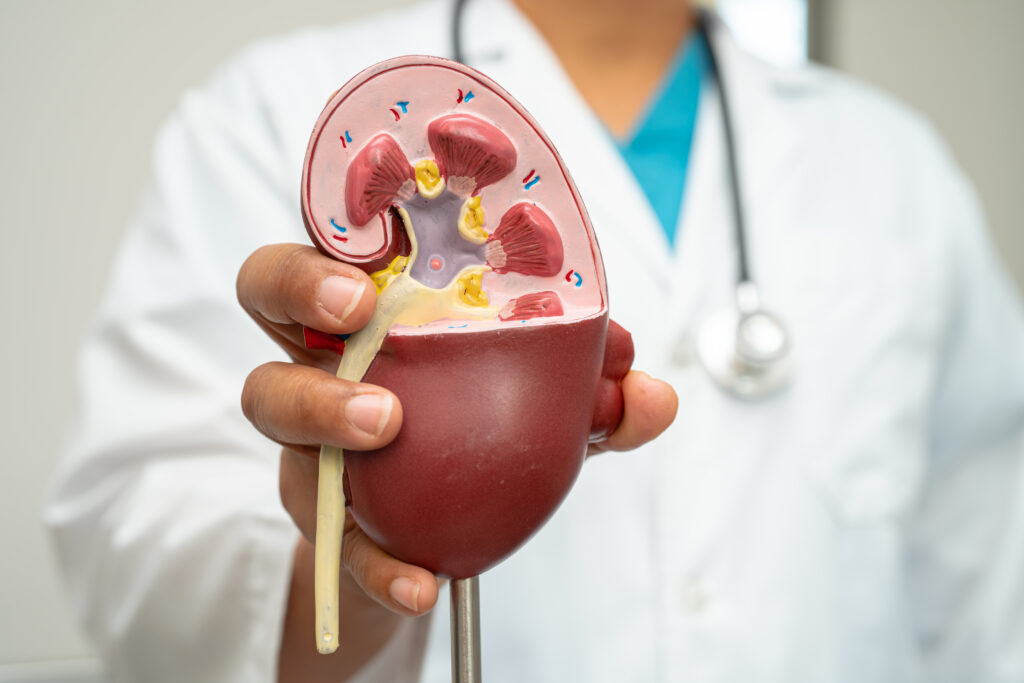What is Renal Hypertension?
Renal hypertension is high blood pressure caused by kidney disease. In many cases, the kidneys help control blood pressure. However, when the kidneys do not work well, blood pressure can rise. This type of high blood pressure is also called renovascular hypertension. For many people, it can be hard to notice at first. Still, it is important to understand because it can lead to serious health problems. According to the CDC, kidney disease is a common cause of high blood pressure in adults.
Causes of Renal Hypertension
There are several causes of renal hypertension. Most often, it happens when blood flow to the kidneys is reduced. Because of this, the kidneys send signals to raise blood pressure. Here are some common causes of renal hypertension:
Sometimes, these problems develop slowly. Other times, they can happen quickly. Either way, the kidneys struggle to control blood pressure. As a result, high blood pressure caused by kidney disease can become hard to manage.
Symptoms of Renal Hypertension
Often, renal hypertension does not cause clear symptoms at first. However, as the condition gets worse, you may notice signs. It is important to pay attention to these symptoms of renal hypertension:
Sometimes, people learn they have renal hypertension only after a doctor checks their blood pressure. Because symptoms can be mild, regular check-ups are important. According to the World Health Organization, early detection can help prevent complications.
When to See a Doctor
If you notice any symptoms listed above, you should talk to a doctor. In addition, if you have kidney disease or a family history of high blood pressure, regular check-ups are wise. Early treatment can help prevent kidney damage and other health problems. You should see a doctor right away if you have:
These signs can mean a medical emergency. Therefore, do not wait to get help.
Conclusion and Next Steps
Renal hypertension is high blood pressure caused by kidney disease. Because it can be silent at first, regular check-ups are important. If you notice symptoms or have risk factors, talk to your doctor. Early care can protect your kidneys and your heart. For personalized advice on renal hypertension, consult a healthcare professional.
